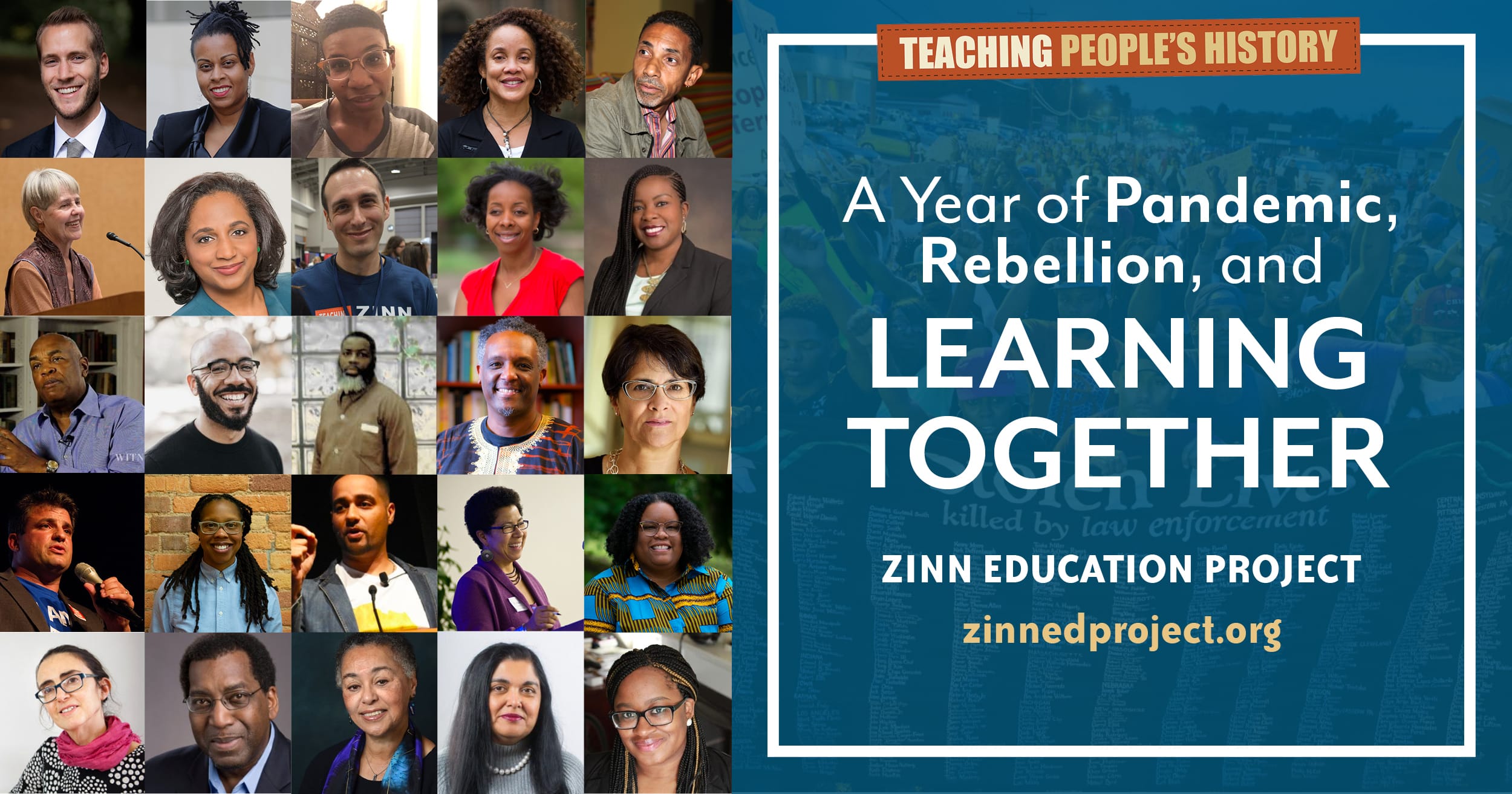
One year ago, much of the country went into its first COVID shutdown. As school buildings closed, educators and students scrambled to maintain connections while trying to understand what we were living through. Scholar and public historian Jeanne Theoharis had the idea that one way to support educators and families in this tumultuous and scary moment was to bring people together — in new, distanced ways — to learn from our radical past.
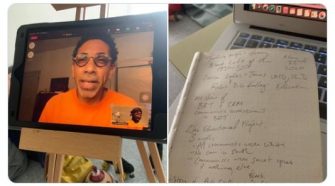 Beginning in late March 2020, the Zinn Education Project, in collaboration with Dr. Theoharis and dozens of scholars and activists, held weekly conversations between a people’s historian and a teacher or teacher educator.
Beginning in late March 2020, the Zinn Education Project, in collaboration with Dr. Theoharis and dozens of scholars and activists, held weekly conversations between a people’s historian and a teacher or teacher educator.
Friday afternoons became both a balm and a beacon for the Zinn Education Project community. As one participant said,
Thank you for getting us together and giving me hope that we are not alone, and that we can think and act ourselves out of this pandemic.
By late spring of 2020, following the murders of George Floyd and Breonna Taylor, we were living through huge protests for racial justice — happening in the midst of a pandemic. The necessity of learning about the Black radical tradition was affirmed, and the Zinn Education Project classes joined a larger campaign to Teach the Black Freedom Struggle.
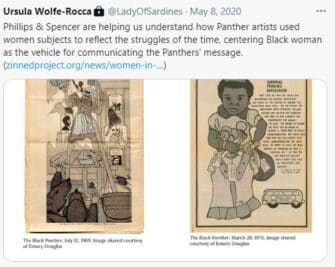 The stories of activists like Rosa Parks, the Student Nonviolent Coordinating Committee, and Black Panthers like Joan Tarika Lewis, reminded us that activism and organizing are human endeavors, carried out by ordinary people.
The stories of activists like Rosa Parks, the Student Nonviolent Coordinating Committee, and Black Panthers like Joan Tarika Lewis, reminded us that activism and organizing are human endeavors, carried out by ordinary people.
The insights of historians and writers like Robin D. G. Kelley, Barbara Ransby, Keisha N. Blain, Greg Carr, Martha Jones, and Kidada E. Williams breathed life into James Baldwin’s words: “American history is longer, larger, more various, more beautiful, and more terrible than anything anyone has ever said about it,” and armed participants with critical frameworks for understanding the pandemic and the rebellion.
One year later we are still going strong and it is clearer than ever that people’s history is always relevant and always belongs on the agenda.
Here’s what participants have said . . .
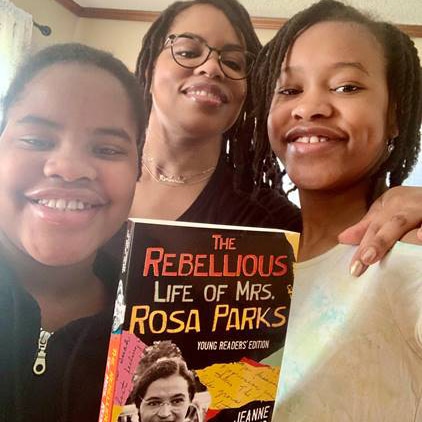 |
We are in awe of the opportunities the Zinn Education Project brings. We recently had the amazing chance to hear Dr. Jeanne Theoharis uncover the myths, unheard stories, and the bravery of Mrs. Rosa Parks. That changed our whole perspective of Rosa Parks. We connected with Dr. Theoharis and now she is coming to our Project LIT Book Club meeting! We are so excited to see what the Zinn Education Project brings next because it inspires kids like us every day.
Nia and Leila Rackley
Middle school students, Sandy Hook, Connecticut
|
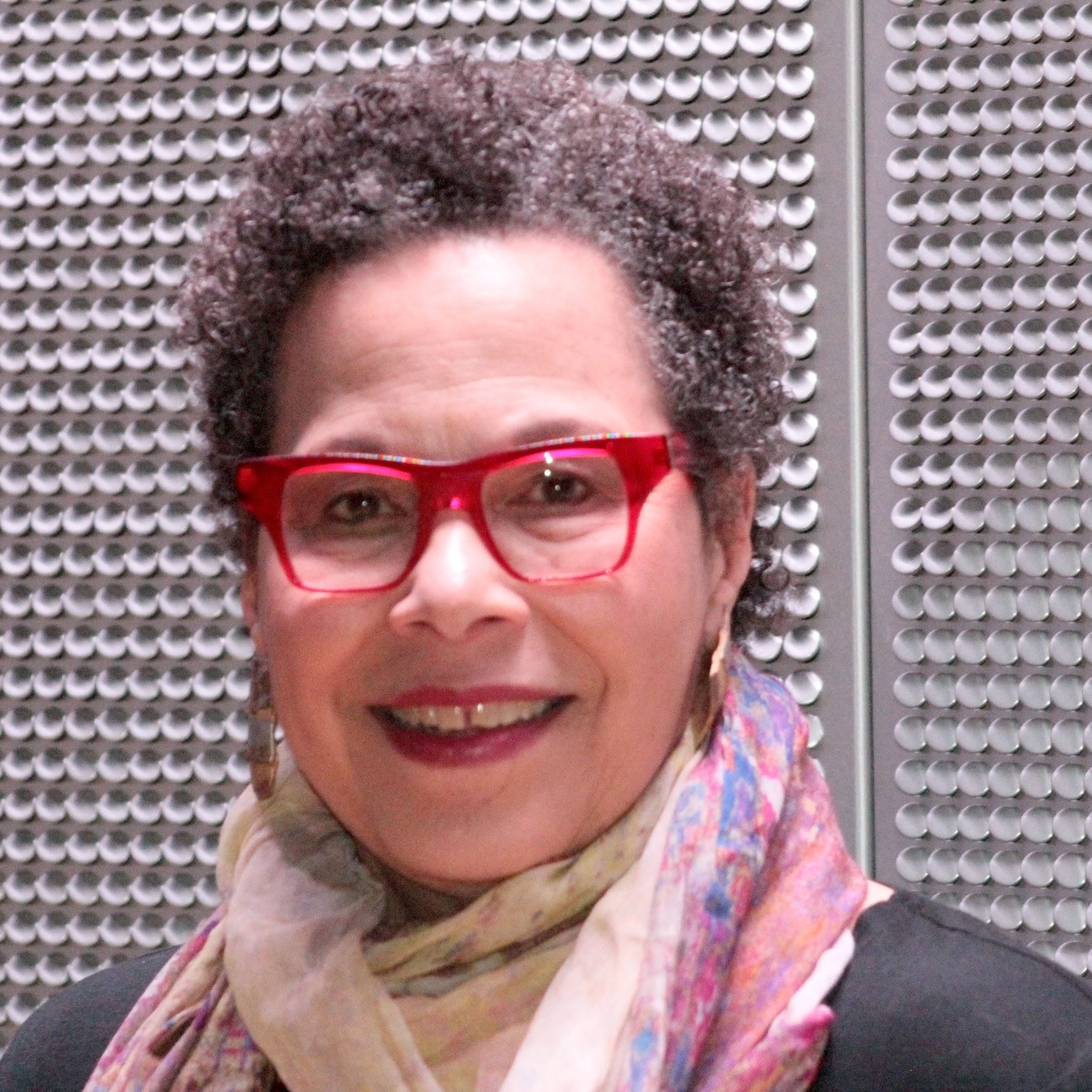 |
THANK YOU, this moment, this day, as the fires of rebellion swirl around us all, was a blessing. Wherever one is along their respective continuum of educational activism, humility is key to any effort to move forward. I am grateful for the work to make this richly textured and nuanced opportunity for learning and reflection available.
Paula Elliott
Education professor, Jamaica Plain, Massachusetts
|
Honestly, this was an hour of love and catharsis for me. I definitely thought differently about how to encourage my young people and how to teach them about their own ability to organize and their own power. But I really felt renewed and empowered by this community, particularly today.
Lauren Bouas
High school social studies teacher, Kansas City, Missouri
|
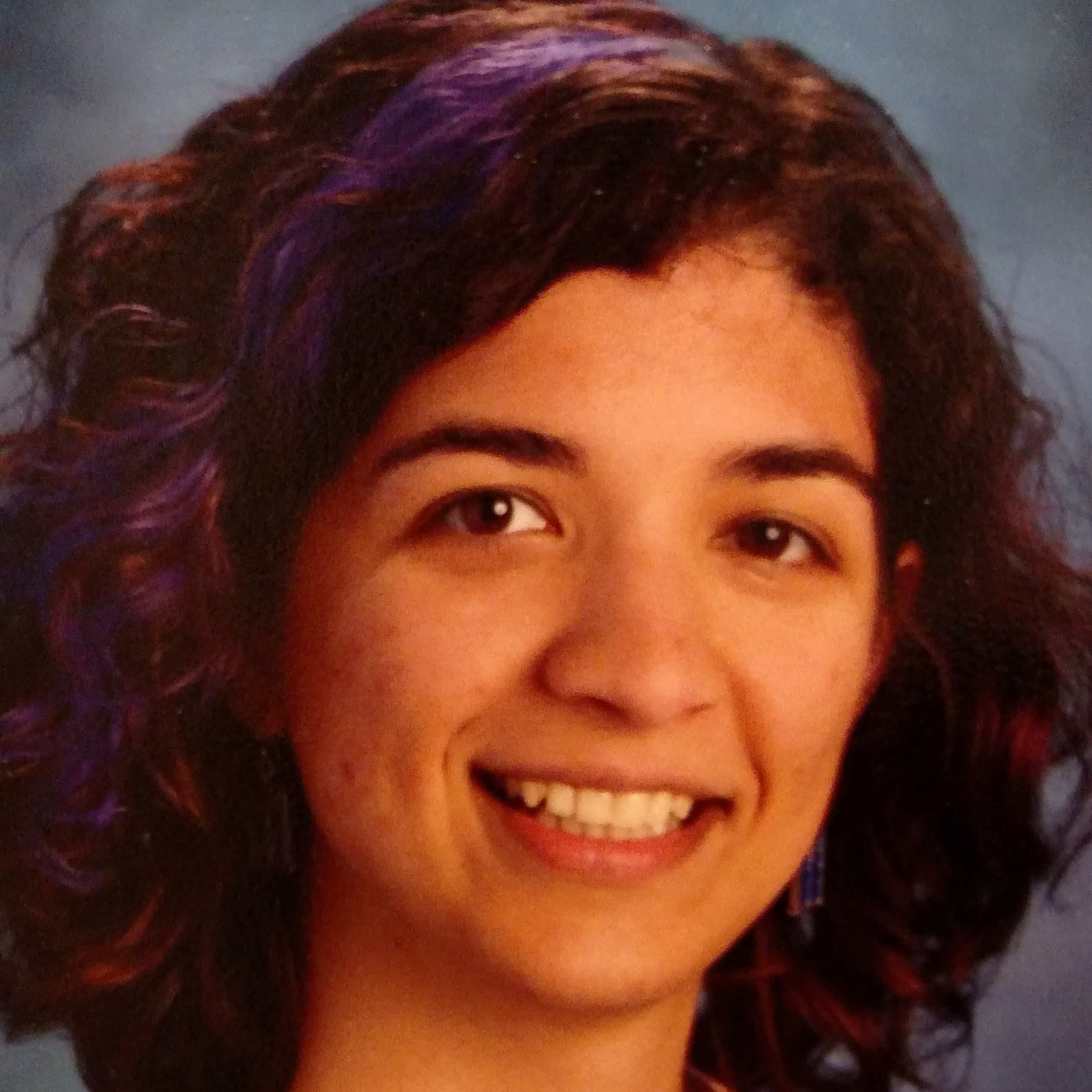 |
I’ve been forced to sit through so much professional development that has been derivative, repetitive, or basic. Not this. This class really helped address issues I’ve been wanting more education/training on that I can apply to my classroom!
Michelle Greco
High school U.S. history teacher, Fishers, Indiana
|
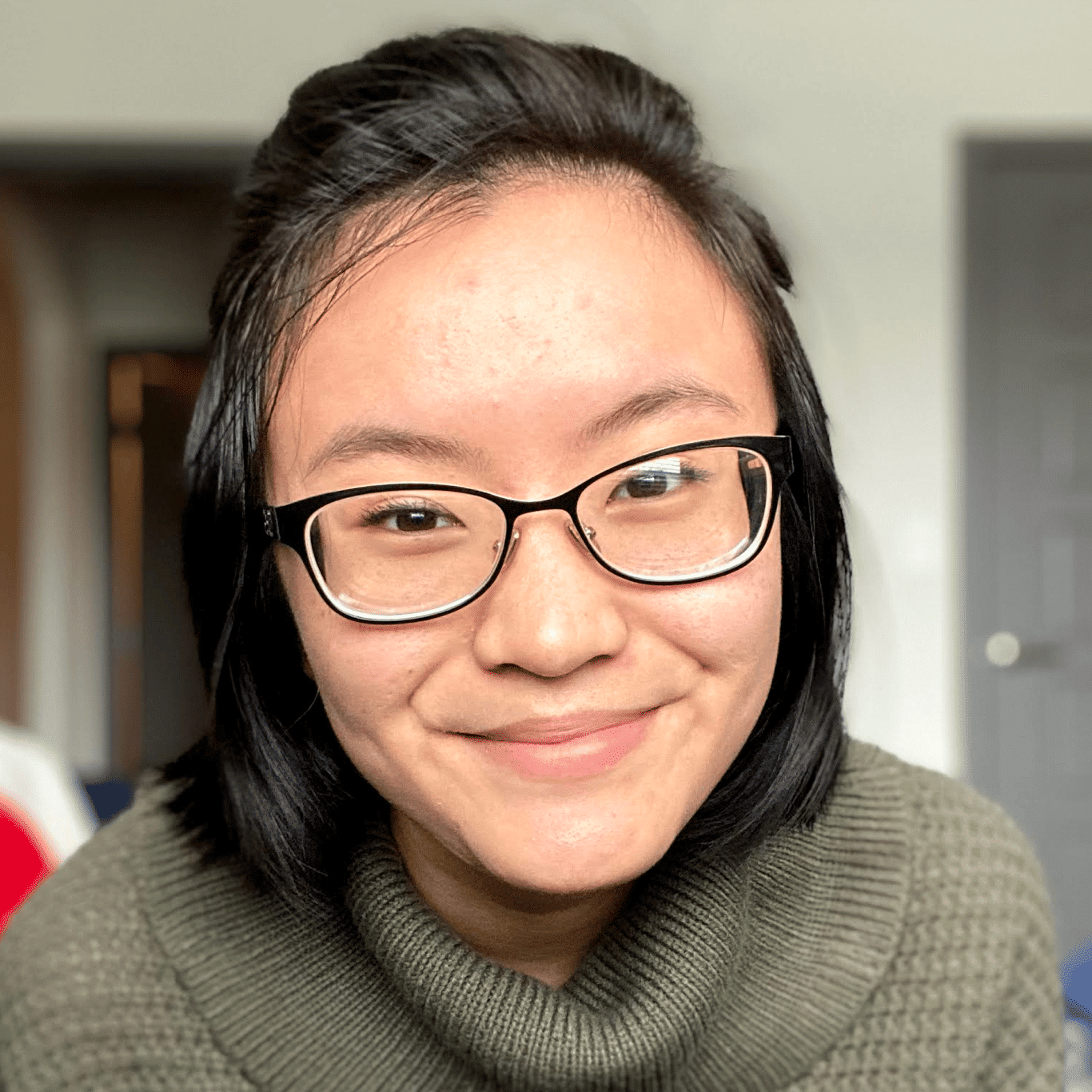 |
I learned that the Civil Rights Movement was not just popular historical figures like MLK, it was made up by students like me. I am still in college and I think for the first time I realized that the Civil Rights Movement was so much more complicated than I thought.
Megan Rose
Teacher education student, Ohio University, Patton College of Education
|
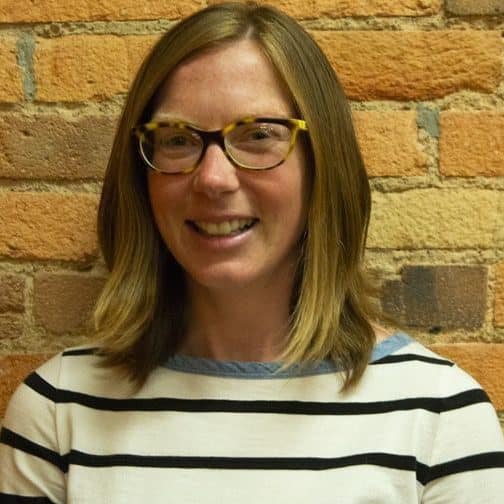 |
The day-to-day routines & interactions at my current school can tear me down and make me feel really weak, but woo-hoo — tonight I’m feeling a recharge!
Bethany Hobbs
High school U.S. history teacher, Brattleboro, Vermont
|
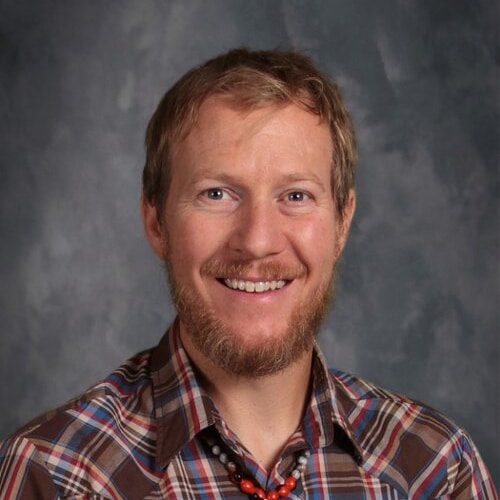 |
So much was fantastic about this session: from sweeping ideas, such as the importance of broadening our frames, to specific resources such as artwork, and most importantly the ability to connect with a great community of educators.
Mike Burden
High school social studies teacher, Columbia, Missouri
|
Meeting other educators in the Teach the Black Freedom Struggle online breakout groups, having an opportunity to connect with authors and curriculum developers, is an invaluable, cherished experience that has enriched me immensely.
Kimberlee Rackley
Home and community educator, Sandy Hook, Connecticut
|
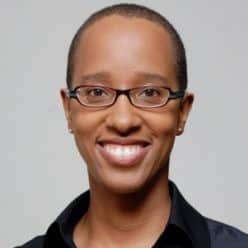 |
I teach a course called “Social Movements and Politics.” This People’s Historians Online series has provided me with a wealth of information, resources and names of political activists I had never heard of. These are historical gems I’m excited to share with my students. Thank you Zinn Education Project!
Kikelola Roach
Attorney, scholar, and organizer, Toronto, Ontario
|
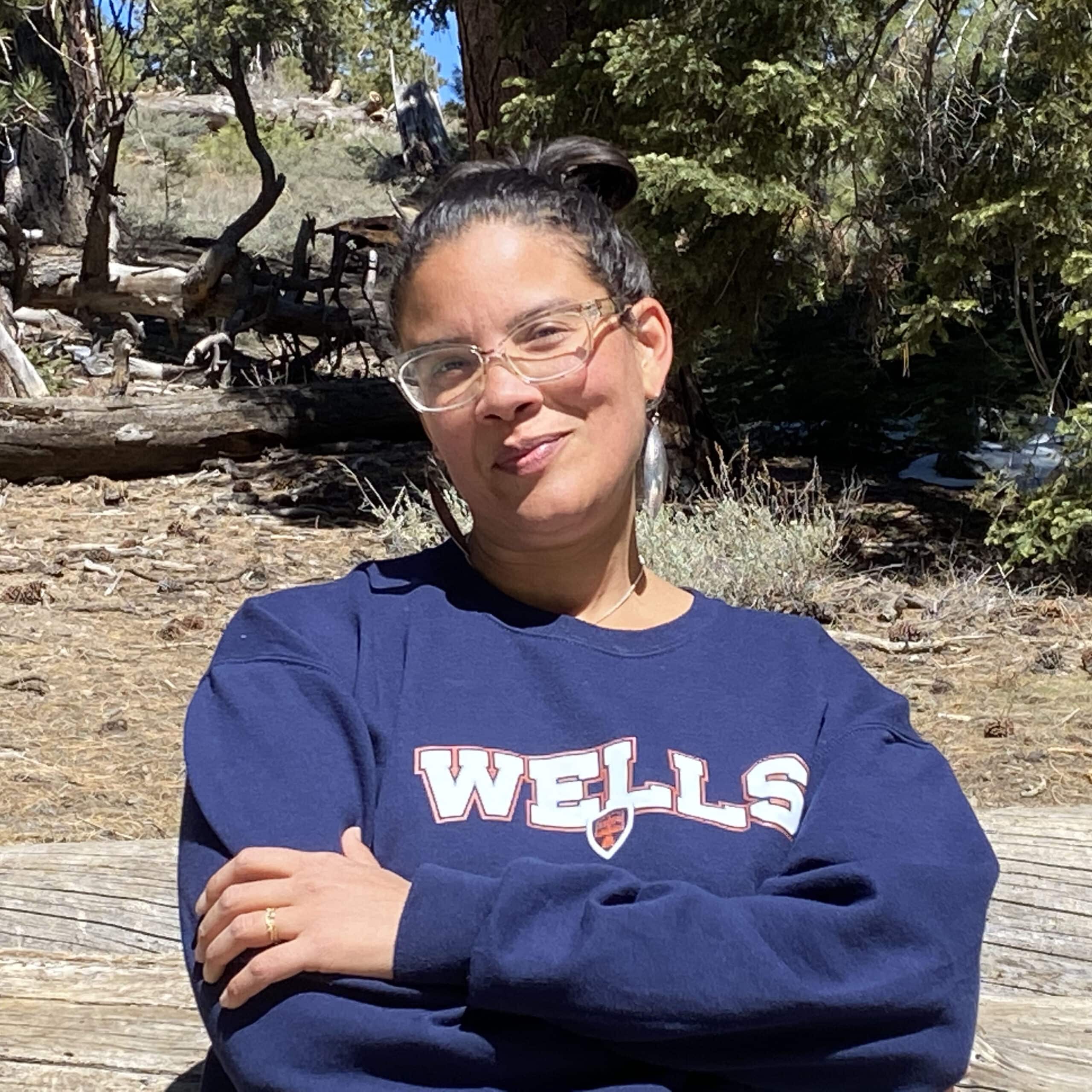 |
There is such a rich legacy of radical organizing! Each present-day movement and cell of organizing has an antecedent that reaches back to colonization. . . . And the fight for Black lives does require bold, physical, push-back. We can’t “petition” our way to liberation.
Rebecca Renard-Wilson
Educator and program designer, View Park, California
|
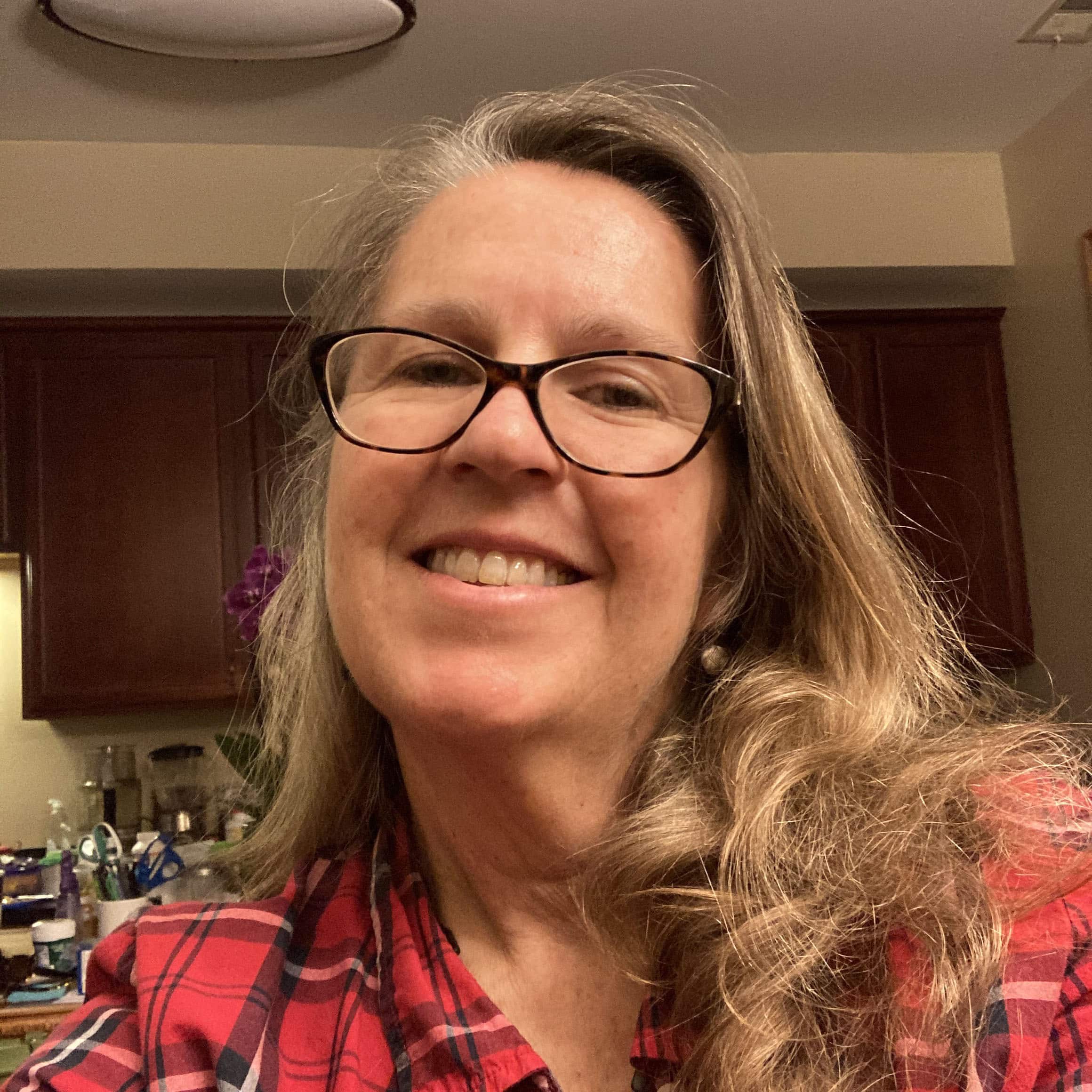 |
So many insights! “Reconstruction didn’t fail, violence overthrew it!”; “Freedom making and freedom taking”; “Trauma sensitive lens”; “Lay another track on the freedom struggle.” This class is laying another track on my understanding of this incredibly rich history.
JoAnn Baldwin-Glenn
High school social studies teacher, Chicago, Illinois
|
I am taking away the concept of how formerly enslaved people were FREED but not FREE. We must question the idea of Reconstruction because the period was actually a new Founding — and we’re in a new phase of the struggle for freedom right now.
Suraya Khan
Community college professor, San Antonio Texas
|
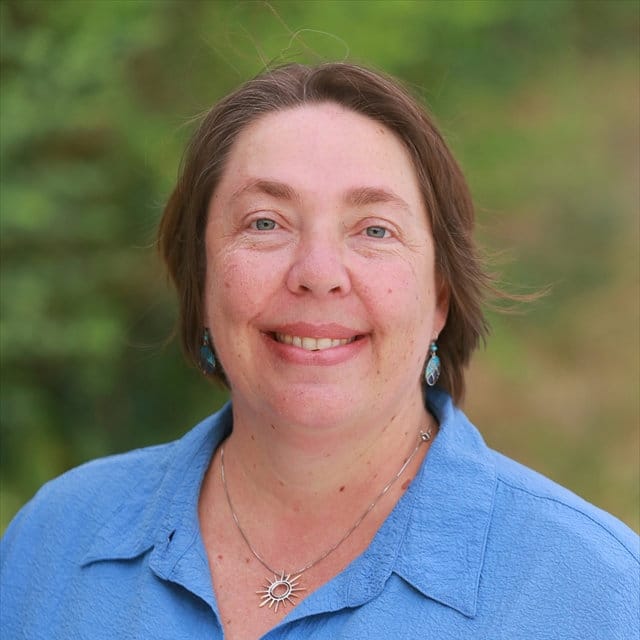 |
I have never thought about “policing” as having a history. I know that sounds weird, but it never occurred to me to look at the history of law enforcement in the United States in order to understand this 2020 uprising. I will absolutely begin this study right away!
Jnana Pierce
Middle school U.S. history teacher, Fairfax, California
|
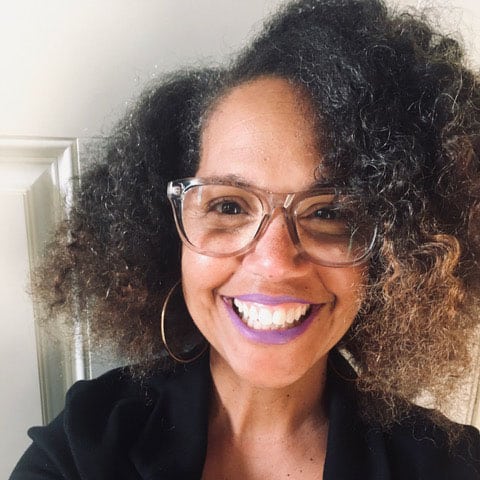 |
When Dr. Blain mentioned the “mothers of the movement,” I immediately thought of Trayvon Martin’s mother . . . but she talked about the mothers of Eleanor Bumpers and Perry . . . stories from the ’80s. This was a reminder to me that understanding the depth of our organizing around policing is important, and that our organizing can be seen in every era, every decade.
Cheryl Jackson
Elementary school instructional coach, Dallas, Texas
|
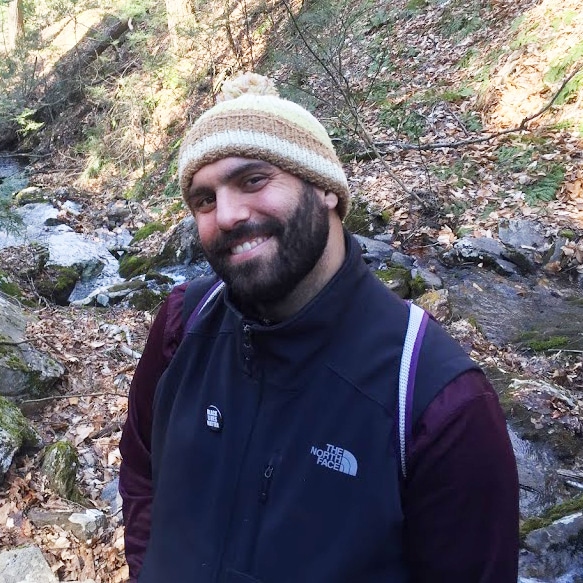
|
I appreciate you all! Thank you for doing such important work! I hope that even after physical distancing is over, you will still offer these opportunities. It was really great to be in a breakout group with people with such different experiences and from all over the world.
Nick Cream
U.S. history and ethnic studies teacher, South Hadley, Massachusetts
|
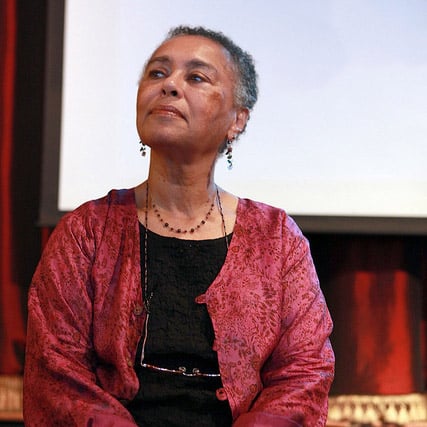 |
I love the variety of folks in these sessions, including the range of grades the teachers cover and the geographical breadth. In my break-out group this week [in session on A Black Women’s History of the United States] we had a teacher in Montana who is thinking of how to convey some of this info to her 2nd graders in ways they’d understand. And I have no doubt she’d be able to do it. Just gives you faith!
Judy Richardson
SNCC veteran and film producer, Silver Spring, Maryland
|
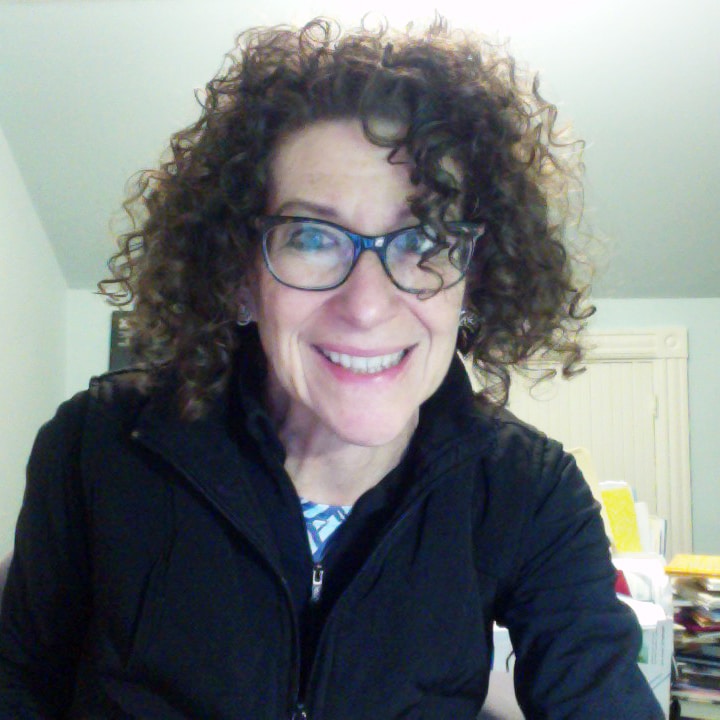 |
Thank you so much for all of these wonderful workshops, which I’ve always called a silver lining to the pandemic. I’ve learned so much and been so impressed with all of the attendees and the presenters! Will these online sessions continue after COVID? I hope so. They are food for an educator’s soul.
Evie Weinstein-Park
Elementary school teacher, Newton, Massachusetts
|
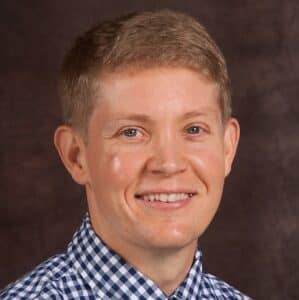 |
This has been such a tough year to be a teacher, but the workshops and people’s historians classes gave me new knowledge, teaching ideas, and helped me feel connected to a community of like-minded educators! I truly appreciate all the resources and support from the folks at the Zinn Education Project.
Seth Billingsley
High school social studies teacher, Baltimore, Maryland
|
Not Your Typical Online Seminar
In contrast to most online classes where the audience is passive, we designed breakout rooms to allow participants to meet each other in small groups, discuss the content, and share teaching ideas. Even people who were resistant to the idea at first became fans, noting, for example:
The format was great. I was skeptical of the breakout group, but ended up learning a lot from educators across the country and the world, and gained some great resources.
As always, everything was really informative and inspiring.
This format WAS DOPE!!! I have been to so many ZOOM meetings but never to one that encouraged participants to connect. That was so amazing and lovely.
The breakout rooms always up the energy, the vulnerability, the connections, the humanity. Thank you.
The format was really excellent, very accessible. The breakout groups came at the right time and it was nice to engage more with a small group and then return to the large group for more conversation.
The breakout room popularity was thanks to the volunteer facilitators. We offer here a shout out to the people who were regulars at some point over the past year, many of them after a full day of teaching: Madalyn Adams, Tiferet Ani, Stephane Barile, Hayley Breden, Julita Brown-Dunn, Christina Bustos, Nicole Clark, Zo Clement, Shiloah Coley, Kassie Colon, Danielle DeWesee, Will Ehrenfield, Anna Grant, Gabrielle Halko, Holly Hardin, Wendy Harris, Mia Henry, Meredith Hill, Bethany Hobbs, Esther Honda, Karen Lee, Mark Levy, Molly MacGregor, Tom McKenna, Caneisha Mills, Catherine Murphy, Franklin Oliver, Turquoise LeJeune Parker, Tiffany Mitchell Patterson, Griffin Pepper, Mary Phillips, Brianne Pitts, Mike Radow, Christopher Rogers, Jessica Rucker, Billy Rutherford, Amy Trenkle, Stacey Uy, Benjamin Williams, and more.
Contributions
Funding for this series is provided by the Teach the Black Freedom Struggle campaign donors and individual donors.
Join Us
Learn More | Register | Donate

 Beginning in late March 2020, the Zinn Education Project, in collaboration with Dr. Theoharis and dozens of scholars and activists, held weekly conversations between a people’s historian and a teacher or teacher educator.
Beginning in late March 2020, the Zinn Education Project, in collaboration with Dr. Theoharis and dozens of scholars and activists, held weekly conversations between a people’s historian and a teacher or teacher educator. The stories of activists like Rosa Parks, the Student Nonviolent Coordinating Committee, and Black Panthers like Joan Tarika Lewis, reminded us that activism and organizing are human endeavors, carried out by ordinary people.
The stories of activists like Rosa Parks, the Student Nonviolent Coordinating Committee, and Black Panthers like Joan Tarika Lewis, reminded us that activism and organizing are human endeavors, carried out by ordinary people.




















Twitter
Google plus
LinkedIn